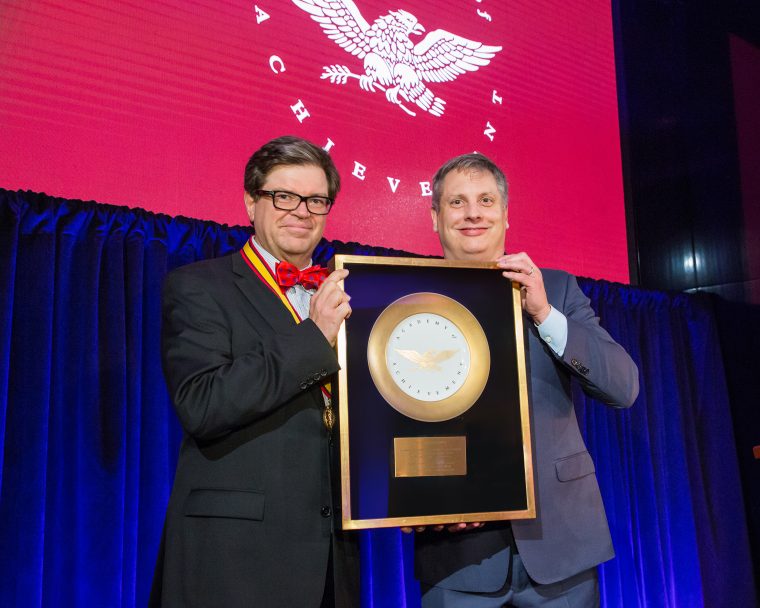

Justice Kennedy will continue to be the crucial swing vote on key issues like abortion and gerrymandering. So far it appears from his votes and speeches that Justice Gorsuch can be expected to be at least as conservative as Justice Scalia and to line up with Justices Thomas and Alito on the Court’s far right. …the appointment of Justice Gorsuch restores the conservative 5/4 majority that held sway until the death of Justice Scalia. But this colloquy covers dynamic evolving and legal issues so keep an eye peeled for possible updates and revisions.ĭavid Snow is a former lawyer and federal Judge intrigued by the historic role of the Constitution and the Court in the governance of our country. The following link suggests the scope of the literature on the Court and the Justices: Popular Supreme Court Books. The readings for each session will be reproduced or noted in the Syllabus section below. But while good reading, it is too long and technical for this colloquy. The most comprehensive and balanced analysis that I am aware of is Uncertain Justice: The Roberts Court and the Constitution by Lawrence Tribe and Joshua Matz, 2014. There are also many popular books on the Supreme Court, the Justices and issues before the Court written by conservatives and legal scholars. We will also include other points of view in the Readings. He wrote another excellent book on the Court in 2007 called The Nine. Jeffrey Toobin is a liberal but presents the issues fairly. Although published in 2012 and focused on the clash between the social, economic and political views of President Obama and Chief Justice Roberts, it is still an accurate and readable description of the Justices (excluding Justice Gorsuch), the Court and the issues before it. This colloquy will explore the historic influence of the Court on the political process and the role it may play in the future.Īs you might expect, there are a number of excellent books bearing on the matters we will discuss, but our only required reading, in addition to case and article excerpts to be listed for each session in the Syllabus section below, will be The Oath, by Jeffrey Toobin. This is not to suggest that every Justice is an ideologue who invariably follows her political preference in deciding politically charged cases, but these preferences are increasingly clear and well known before appointment and the chance of a Justice changing her ideological allegiance after confirmation appears slim. If, as seems likely, additional Justice(s) nominated by President Trump are confirmed, the Court’s shift to the right will probably accelerate and aid Republican efforts to roll back progressive economic and social laws and make it more difficult for the Democrats to enact progressive laws that will pass constitutional muster if and when they regain power. SEND AN EMAIL TO the Civil War the Supreme Court has cycled through long conservative and liberal periods, but nothing quite like the polarization that marks the present Court.


THE TREASURER IS KEEPING A WAITING LIST IN THE EVENT OF CANCELLATIONS.


 0 kommentar(er)
0 kommentar(er)
